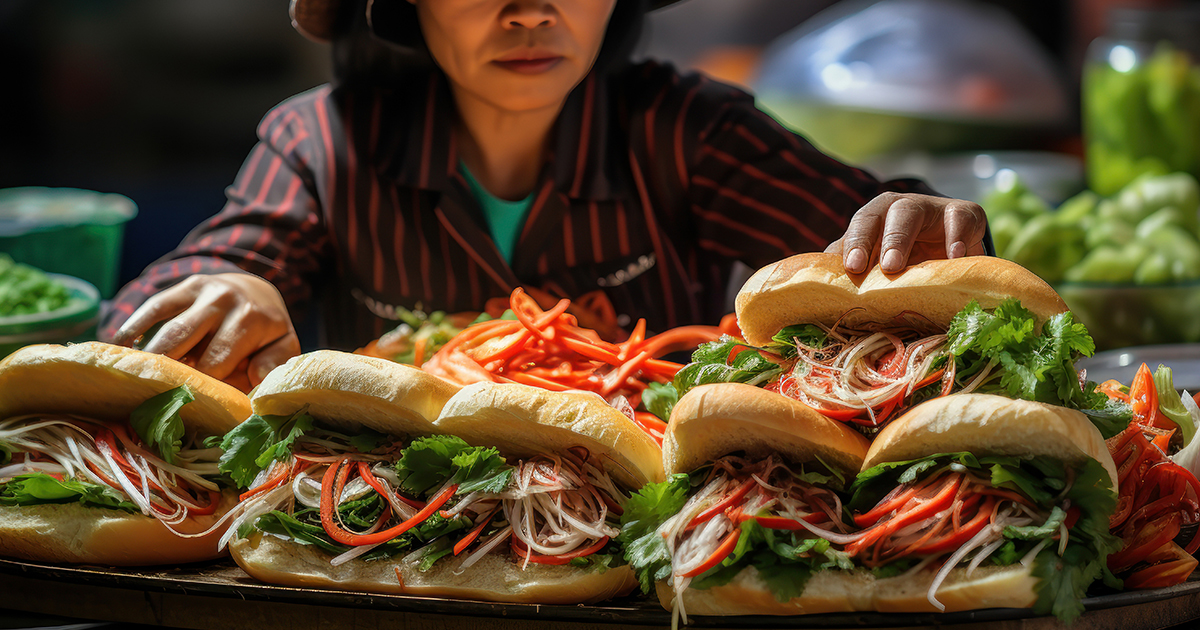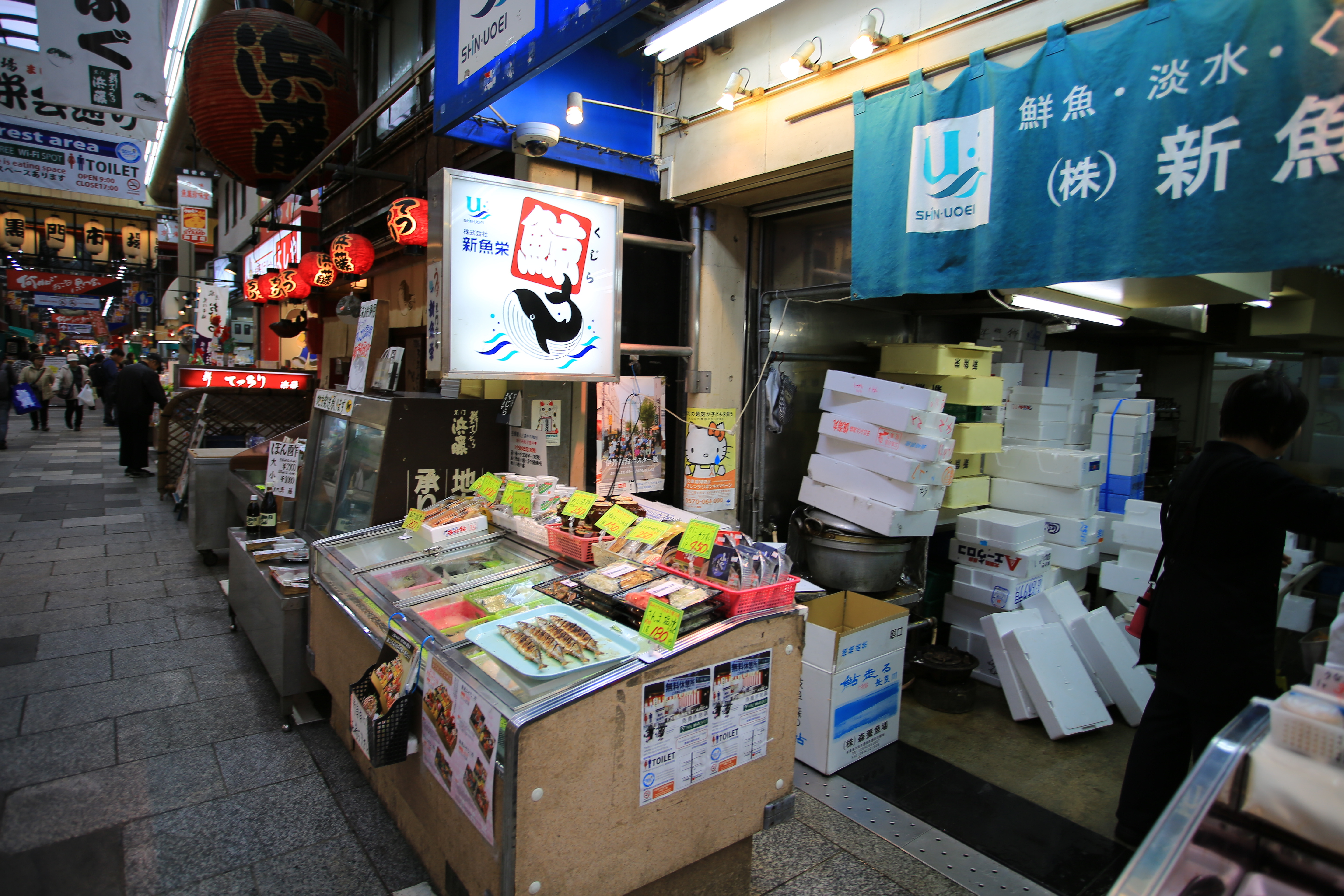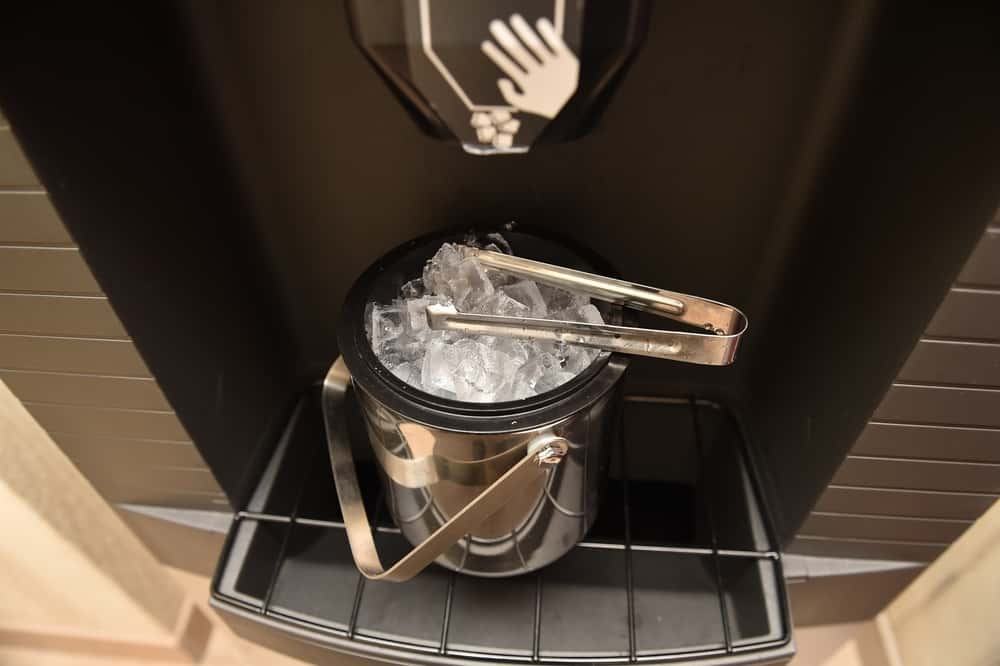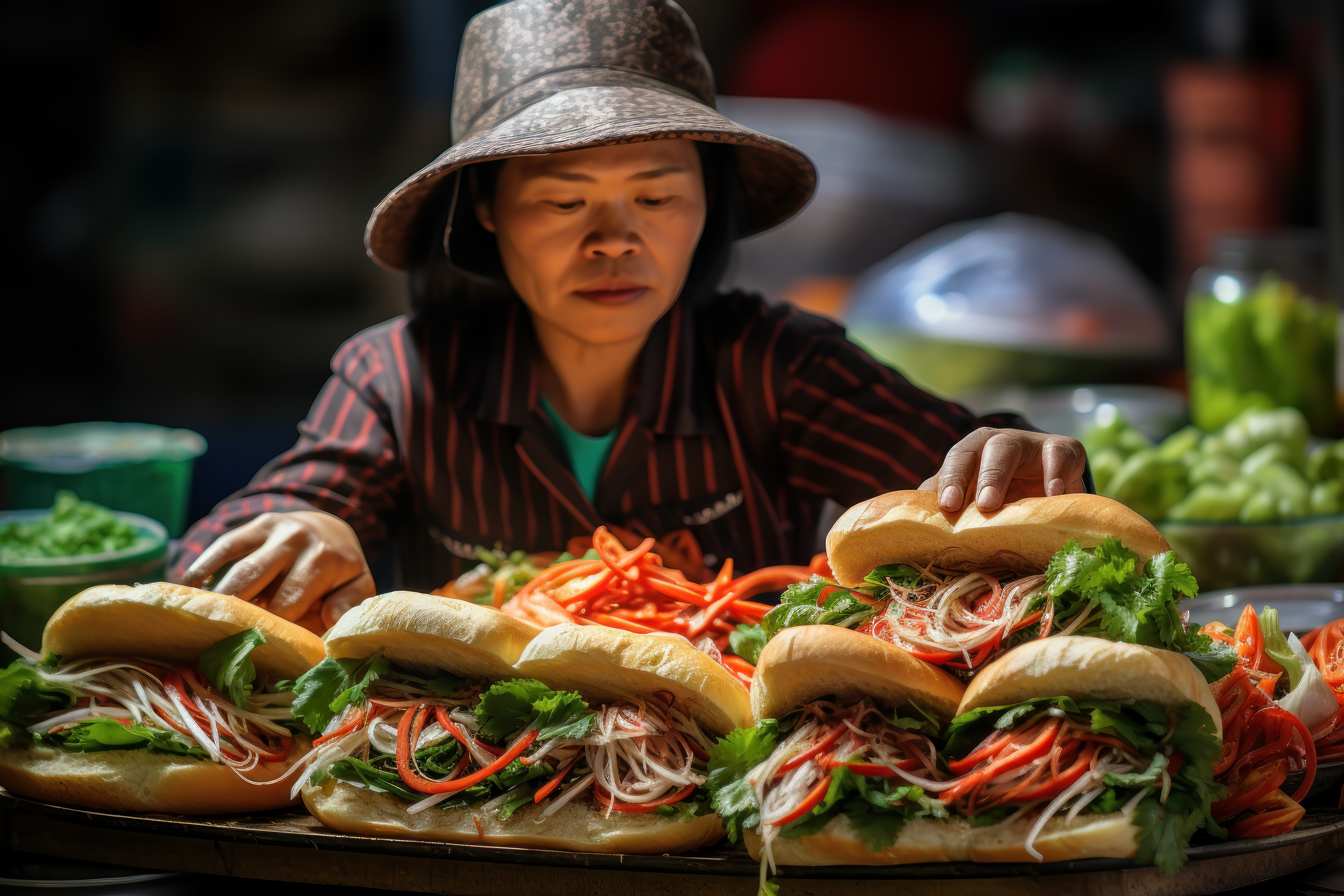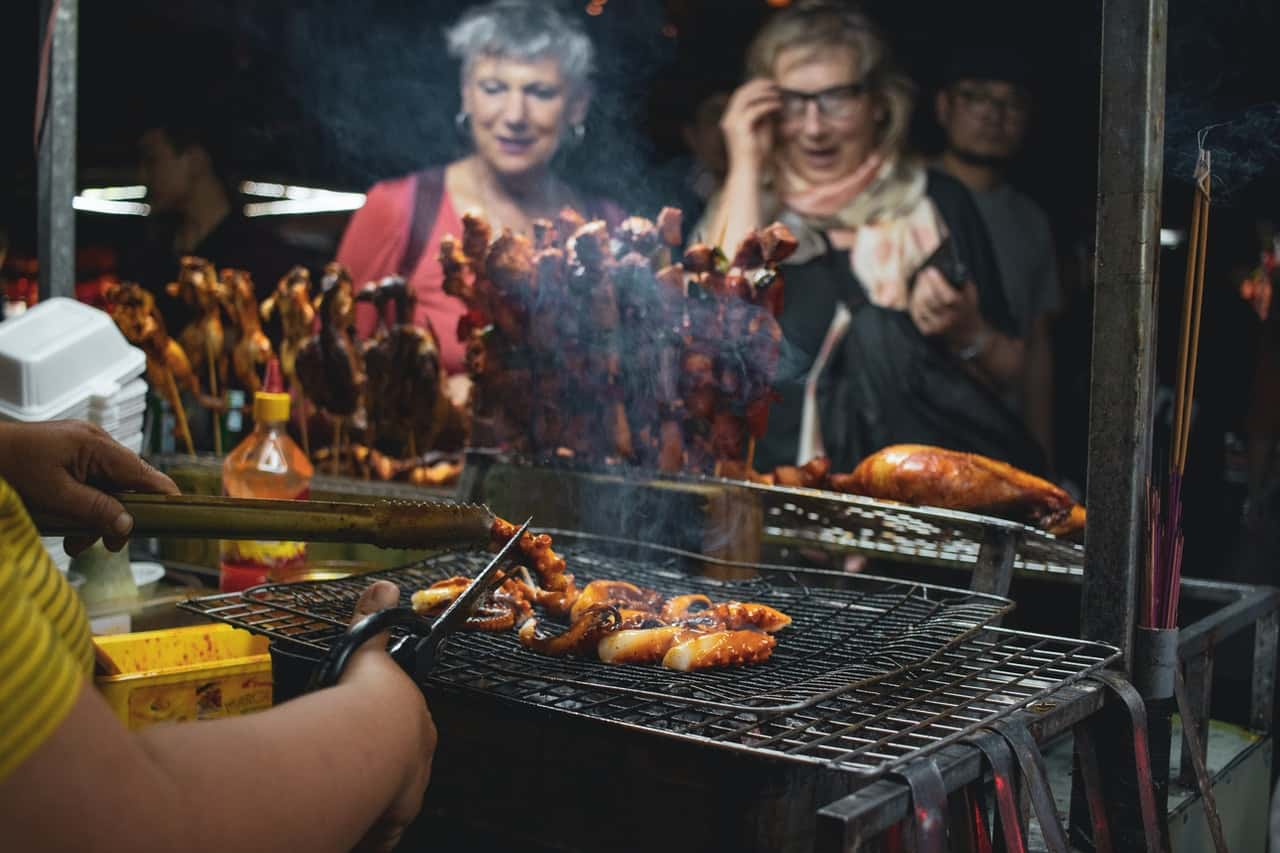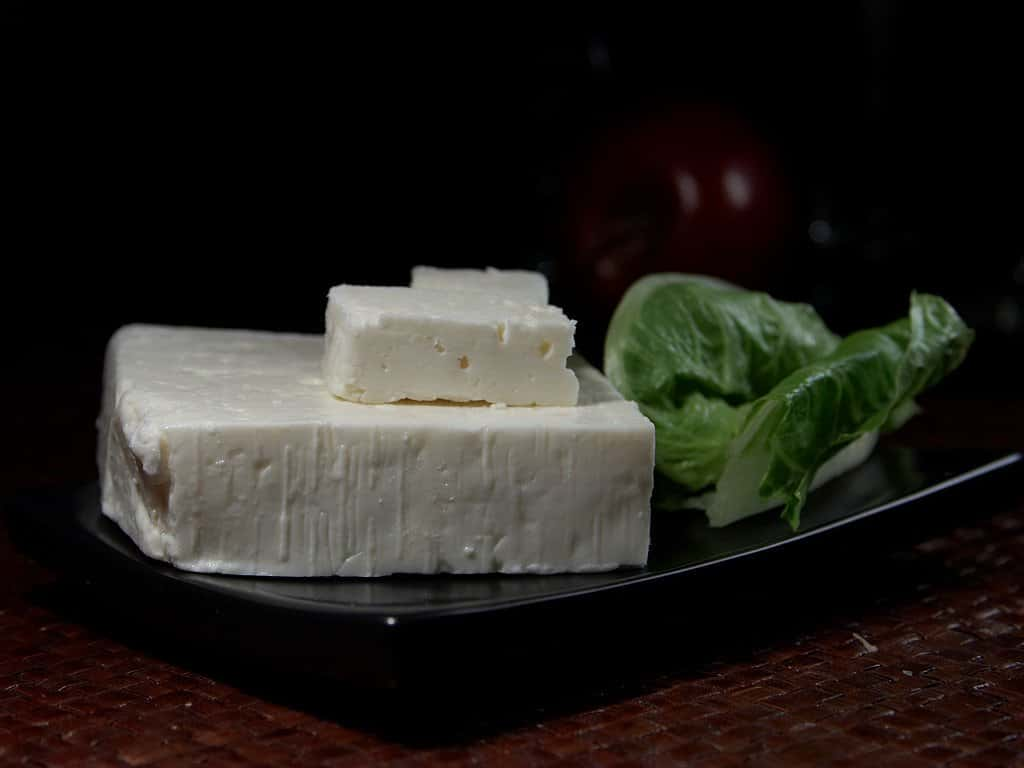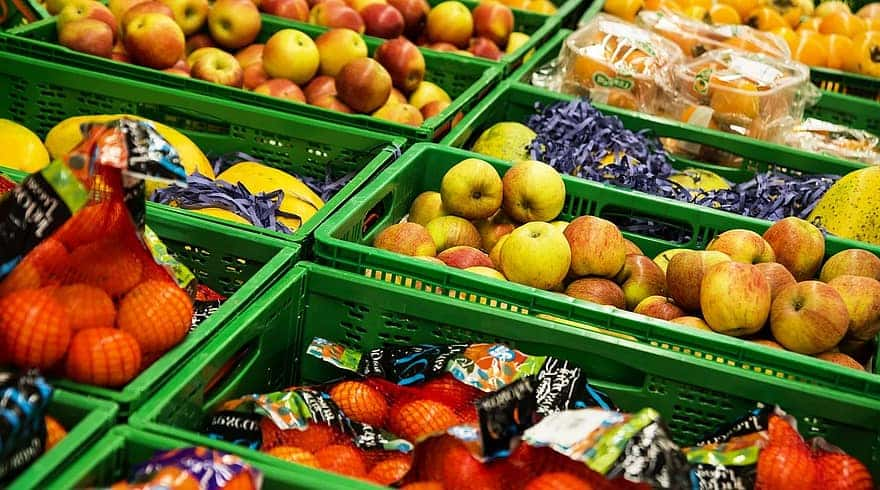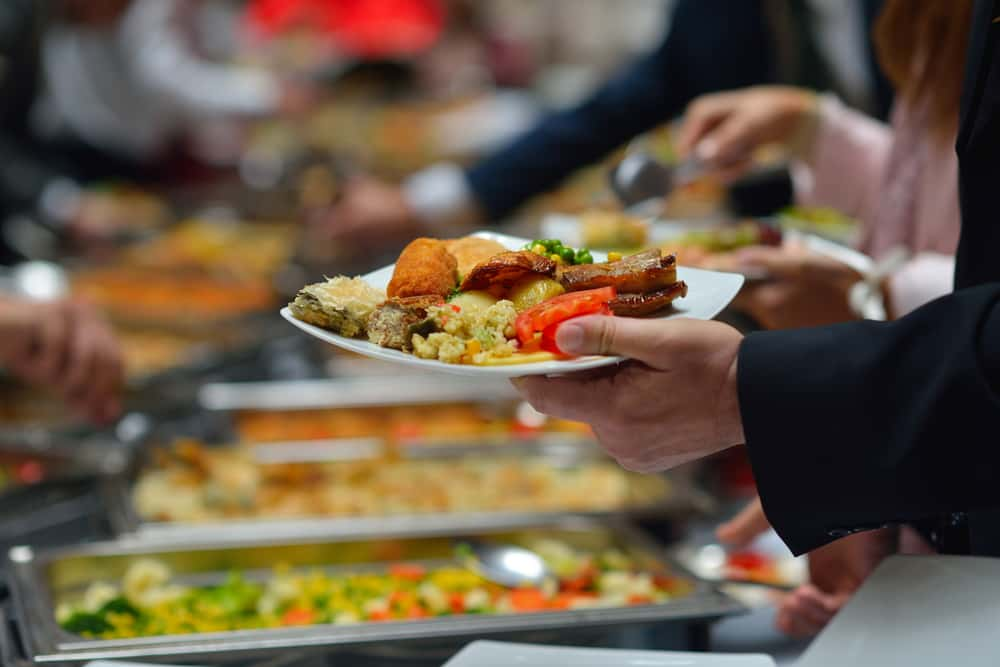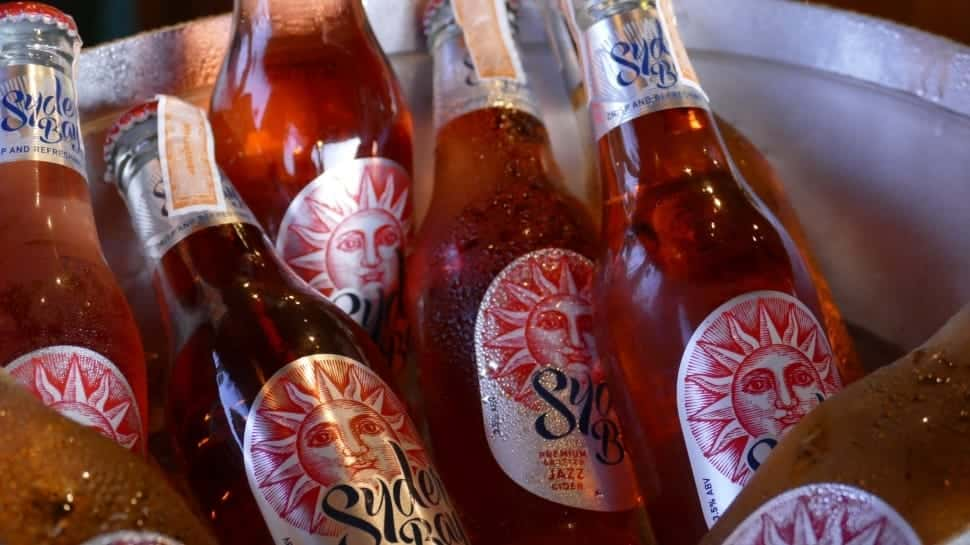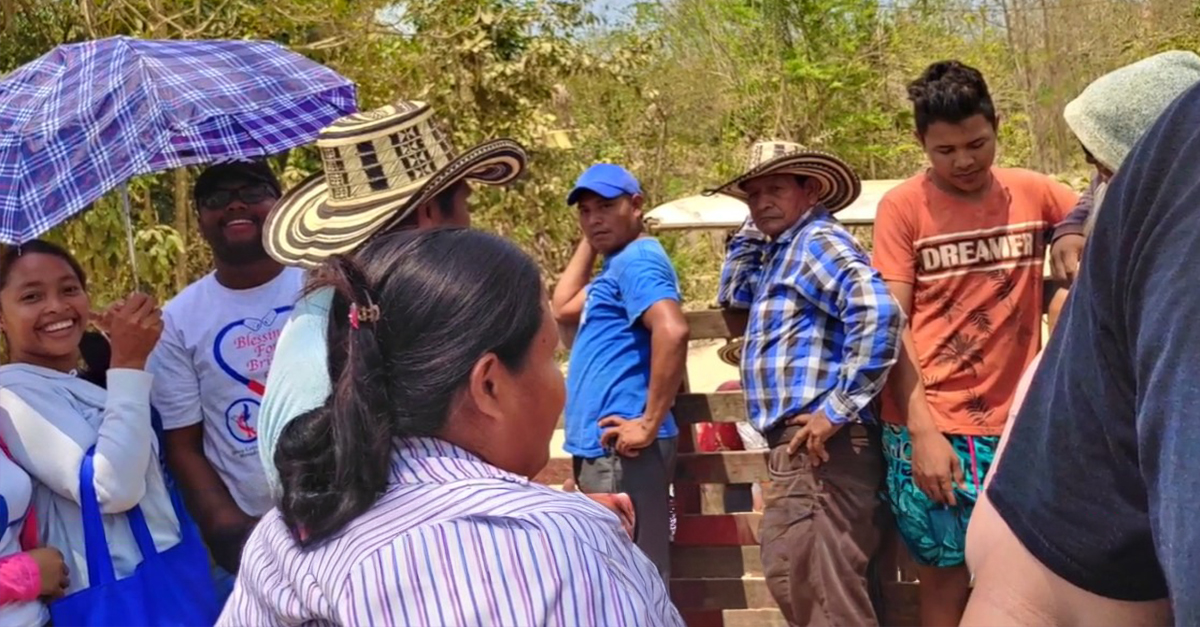Risky Business: Foods to Avoid When Traveling Abroad
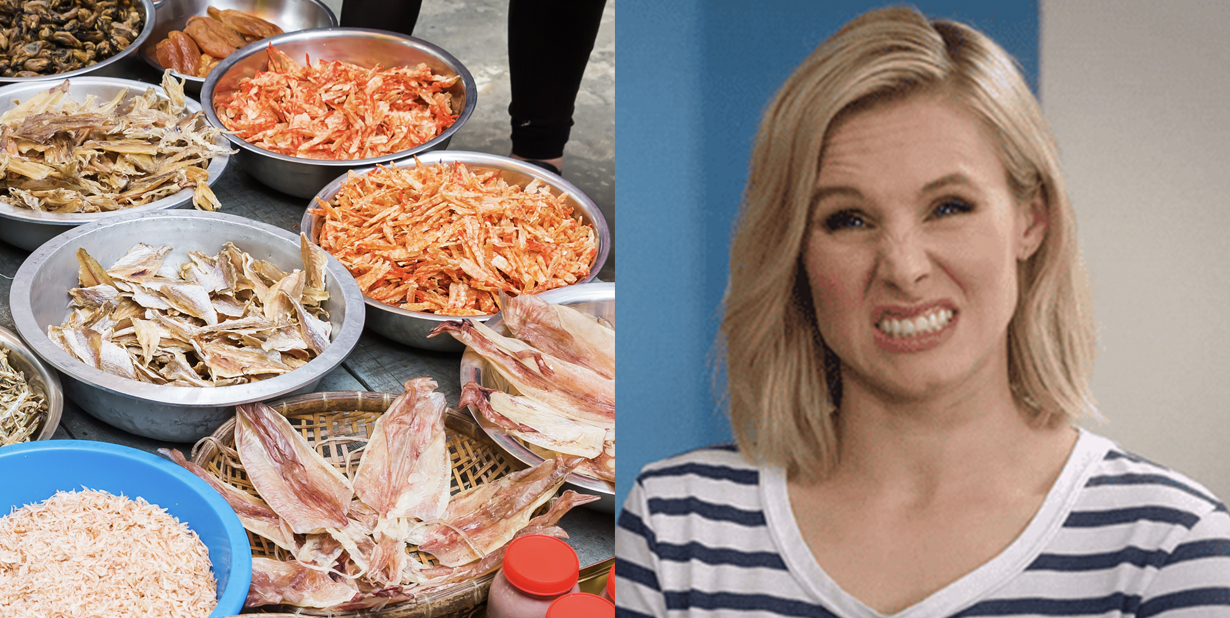
When embarking on international journeys, indulging in the local cuisine is an exciting part of the adventure, offering a taste of the region’s culture and traditions. However, it's essential to prioritize food safety to avoid ruining your travel experience.
Consuming contaminated or improperly prepared foods can lead to foodborne illnesses, causing discomfort, and sometimes, severe health issues.
Importance of Food Safety when Traveling
Prioritizing food safety while traveling is critical. Exposure to unfamiliar bacteria and parasites can lead to unpleasant ailments such as travelers' diarrhea, also known as “Montezuma's Revenge.”
By making informed food choices, travelers can minimize the risk of foodborne illnesses and enjoy their trip to the fullest. Awareness of risky foods and safe alternatives is a step towards mindful and safe dining experiences abroad.
Now, let’s explore some foods to be cautious about, ensuring your culinary exploration remains a joyous element of your travel.
Avoid: Raw or Undercooked Seafood
In places where hygiene standards may be low, consuming raw or undercooked seafood, prevalent in dishes like ceviche or sushi, can be risky. It can lead to infections due to harmful bacteria or parasites like tapeworms.
Be particularly cautious in areas with poor sanitation or where raw seafood is sold in open markets, like some regions in Southeast Asia.
Suggestion: If your cravings are irresistible, opt for seafood that is well-cooked and hot.
Avoid: Tap Water and Ice
In many countries, especially in Asia and Africa, tap water isn’t purified and may harbor waterborne pathogens. Consuming ice, often made from tap water, poses similar risks.
Suggestion: Bottled or purified water is a safer alternative for drinking and brushing teeth. When in doubt, boiling water is a fail-safe option.
Avoid: Street Food
While street food is a significant part of the local culinary experience in many destinations, it can sometimes be prepared in unsanitary conditions, making it a hotspot for harmful bacteria.
In countries with prevalent street food culture like India or Thailand, opting for cooked food and avoiding raw salads or fruits is advised.
Suggestion: Choose vendors that seem popular with locals and have a high turnover of food, indicating freshness.
Avoid: Bushmeat
In some parts of Africa, bushmeat, including non-domesticated mammals, reptiles, amphibians, and birds, is a local delicacy. However, it poses risks like Ebola and other zoonotic diseases.
Suggestion: Opt for well-cooked, familiar meats and avoid illegal or exotic meats to stay safe.
Avoid: Unpasteurized Dairy Products
Unpasteurized milk and cheese can contain harmful bacteria like E. coli and Listeria, especially in regions where regulations around dairy production are lax.
Opting for pasteurized dairy products, is a safer choice, particularly in parts of Europe and the Middle East where cheese is a staple.
Suggestion: Pasteurized dairy products are widely available in reputable grocery stores.
Avoid: Raw Eggs
In various countries, dishes may contain raw or lightly cooked eggs, posing a risk of Salmonella.
Be cautious with foods like mayonnaise, some sauces, and desserts like tiramisu when traveling in places like South America or parts of Asia, where raw egg usage is common.
Suggestion: Requesting well-cooked eggs is a prudent choice.
Avoid: Leafy Green Salads
In regions with contaminated water sources, raw, unwashed vegetables can harbor harmful bacteria and parasites, especially in areas known for salad-related outbreaks, like some destinations in Latin America.
Suggestion: Consuming cooked vegetables or fruits that can be peeled, like bananas or oranges, is a safer alternative.
Avoid: Unpackaged or Openly Displayed Sweets
In some destinations, sweets and confections are displayed openly and can be exposed to flies and air-borne contaminants, particularly in bustling markets of the Middle East or North Africa.
Suggestion: Choosing packaged sweets or those served hot is a more sanitary choice.
Avoid: Buffet Foods
Buffet foods, often left uncovered and at room temperature for extended periods, can become breeding grounds for bacteria, particularly in all-inclusive resorts in the Caribbean.
Suggestion: Opting for à la carte dishes that are prepared upon order ensures freshness and reduces contamination risk.
Avoid: Local Alcoholic Beverages
Homemade or locally brewed alcoholic beverages may not meet safety standards and can be contaminated, especially in regions known for homebrewed spirits, like some areas in Eastern Europe.
Suggestion: Sticking to commercially produced and sealed beverages is advisable.
Final Thoughts
 Nina L/peopleimages.com, Adobe Stock
Nina L/peopleimages.com, Adobe Stock
Embarking on a culinary journey is an integral part of traveling, opening the palate to new flavors and textures. However, being vigilant about food safety is paramount to avoid health complications.
By being mindful of the foods consumed, understanding the risks, and choosing safer alternatives, travelers can relish the gastronomic experiences that the world has to offer without compromising their well-being.

